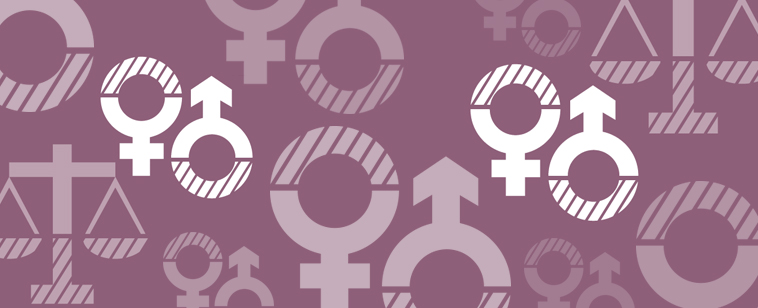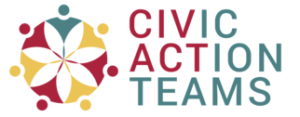
Kicking off Gov-her-nance in Dhangadhi Sub-Metropolitan City
Written by: Ashmita Gautam
Discussing Gender Issues with Community
The Accountability Lab is kicking off the “Gov-her-nance: Building democracy from the bottom-up with women” program in collaboration with Dhangadhi Sub-Metropolitan City. The vision of the program is to make Dhangadhi Sub-Metropolitan City a gender-friendly city. The first virtual consultative meeting with the community members was held in the first week of December. The objectives of the consultation meeting were i) To bring out the challenges faced by the participants because of the prevalent gender stereotypes and ii) To share personal experiences and discuss issues resulting from the predetermined societal gender roles. The participants represented diverse backgrounds (housewives, LGBT+community, single women, journalists, women’s rights activists, and others) and discussed a wide range of issues affecting gender-disadvantaged groups. The highlights of the discussion are given below:
Key highlights of the discussion
- Second class citizen status to women
- Persistent inequality between sons and daughters has been a major issue in the region. Sons have always been given superior status in the majority of the families. As a result, daughters face continuous discrimination and their societal roles are often limited to household chores.
- Women’s rights to land, property, and shelter were not enhanced as society has assigned different predetermined cultural and societal gender roles.
- Even if the government of Nepal has already announced gender-friendly policies such as equal inheritance rights for son and daughter, till today only an unmarried daughter who is above 35 years of age is considered eligible to receive the property rights.
- Post marriage, a woman’s freedom gets further curtailed. She is obliged to follow the orders of her husband and his family members resulting in a marriage bar. Any married women who seek employment are often met with hostility. Even educated women who want to work are compelled to stay at home and look after their children because of the preassigned gender roles.
- This problem aggravates itself for widows and single mothers. Women are often considered a burden after their husband’s death. Many families are not willing to give property to single mothers who have no sons to take over the inheritance.
- Increasing domestic violence cases after the Covid-19 pandemic
- Many women are not aware of the different categories of domestic violence leading to a low number of reports and complaints.
- Covid-19 restrictions have confined women and young girls in their homes leading to an increase in domestic violence cases. Many people have lost their jobs resulting in financial hardship and emotional strain that has exacerbated domestic violence cases especially in the rural areas of Dhangadhi.
- There are some organizations working for women’s rights but the outreach hasn’t been high. A lot of work still remains to be done for protecting women from becoming the victim of domestic violence.
- Patriarchal Institutions
- Women still are not considered to be a good fit for the office. The trust in women’s ability to lead and make decisions is very low.
- Decisions made by women leaders are often questioned and held until male members agree to them.
- Political parties, private institutions, and local governments also have not taken into account women’s role when organizing meetings and political events or developing election campaigns.
- The way meetings are planned are all designed for men and to the male norm (for instance: meetings are often set up late at night). Thus, this problem has led to low participation of women in various stages of planning, budgeting, and program preparation.
- Name-calling and discrimination towards LGBT+
- Foul languages and demeaning slang words are often used at people who identify themselves as LGBT+. This bigotry often results in intense emotional distress and many turn to alcoholism and drug abuse to self-medicate.
- LGBT+ communities are more prone to losing their jobs because of societal discrimination.
- Issuing citizenship to the gender disadvantaged groups (especially transgendered people) is also a major issue as they are often ostracized from the community.
- Same-sex marriage is also still considered to be a major problem in Dhangadhi. Men who have identified themselves as homosexual are often forced to marry a woman.
- Compared to the past there has been some progress in the way people of LGBT+ are treated. Their participation in the meetings and programs conducted by the government has increased but a lot of work still needs to be done.
- Mental health risk
- Mental health risk has increased among women after the Covid-19 restrictions. An increasing number of suicide cases have been reported due to increasing trauma and mental stress brought by the lockdown.
- The mental health risk is also common among those identifying as LGBT+ as they suffer from continuous social stigma and discrimination. Foul languages and demeaning slang words are often used to alienate them at the community level resulting in mental stress, anxiety disorders, and depression.





